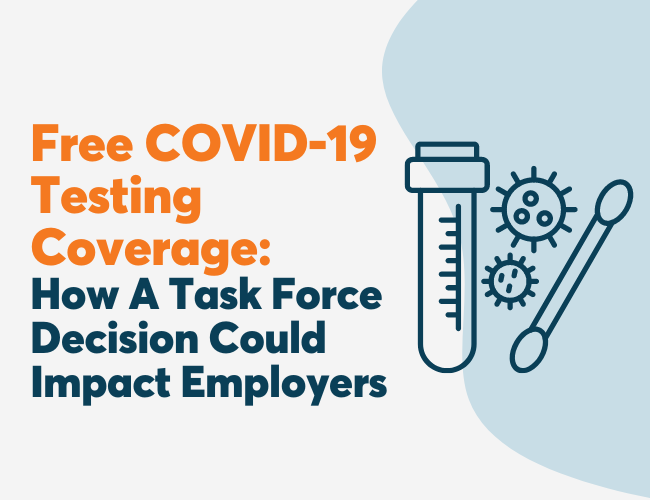People don’t always go to the doctor when they know they should. This has been a problem since before the pandemic started. However, due primarily to a fear of contracting COVID-19, a substantially greater number of people are either postponing medical visits they otherwise would have made or are cancelling them entirely. For example, a study conducted by the Urban Institute found that “more than one-third (36 percent) of nonelderly adults delayed or did not get care because they were worried about exposure to the coronavirus or because a health care provider limited services because of the pandemic.”
One might think that for many individuals, this behavior is rational, because it’s safer to avoid going to the emergency room or physician’s office given the dangers associated with COVID-19. While understandable, this belief is not as reasonable as it may initially sound. One reason for this is that, as was reported in a study led by Hyemin Chung on the risk of COVID-19 transmission from infected outpatients to healthcare workers in an outpatient clinic, “the risk of transmission from patients with confirmed COVID-19 to HCWs (health care workers) in outpatient clinics is very low.” Moreover, there are a number of serious health risks that come with avoiding or postponing medical care. For example, in her interview with National Public Radio (NPR), Dr. Therese Bevers notes that because people are delaying appointments like routine cancer screenings, they “are being diagnosed at later, more advanced stages when treatments aren’t as successful as they are in earlier stages,” Similarly, Dr. Robert Gabbay states that “many chronic diseases put patients at greater risk of dying from COVID-19” and that this is “particularly true if the condition isn’t under control.”
For employers looking to effectively increase the chances that their employees won’t forgo important visits to their healthcare providers, they need to have a clear understanding of the factors associated with medical care avoidance during the pandemic. Some of the most common reasons are that employees:
- Have false beliefs about the risk of contracting COVID-19 during a visit to the doctor’s office
- Don’t know about the availability of telehealth
- Don’t have an adequate understanding of the risks associated with avoiding medical care
These causes can all be addressed rather easily. Through a targeted communication strategy, each of these beliefs can be corrected, and once this is done, your workforce is likely to be much more inclined to seek out appropriate medical care. One way of accomplishing this is by directing your employees to articles that debunk the beliefs that motivate them to avoid going to the doctor’s office in the first place. Additionally, employers can emphasize the risks noted above of waiting too long to undergo routine screenings and manage chronic illnesses. Perhaps more importantly, they can make them aware of all of the benefits that are available to them, including telehealth options, which allow patients to check in with physicians without going into a physical office where they believe they might be at risk of catching COVID-19. It is important that these communications align with medical guidelines from the United States Preventive Services Task Force (USPSTF); that is, routine screenings are only recommended for select groups. Employees need to understand which screenings are important for them to undergo.
At a minimum, employers should encourage their workforce to check in with their primary healthcare providers. This will help with the overwhelming sense that many employees might have of simply not knowing where to start. Once they have met with their primary care physicians, they can be directed to appointments and screenings important for them to complete in the immediate future based on their specific health status rather than demographic profile, which is what the USPSTF guidelines are based on. Along with this, it is worth reminding your workforce that they ought to be honest with their providers about their symptoms and fears. Let them know that it is perfectly acceptable to ask how they’re keeping patients safe from the coronavirus in their facilities or mention that you’re still really scared to come in. In many cases, merely getting reassurance that things are safe from a physician they trust will be enough to get the ball rolling.












